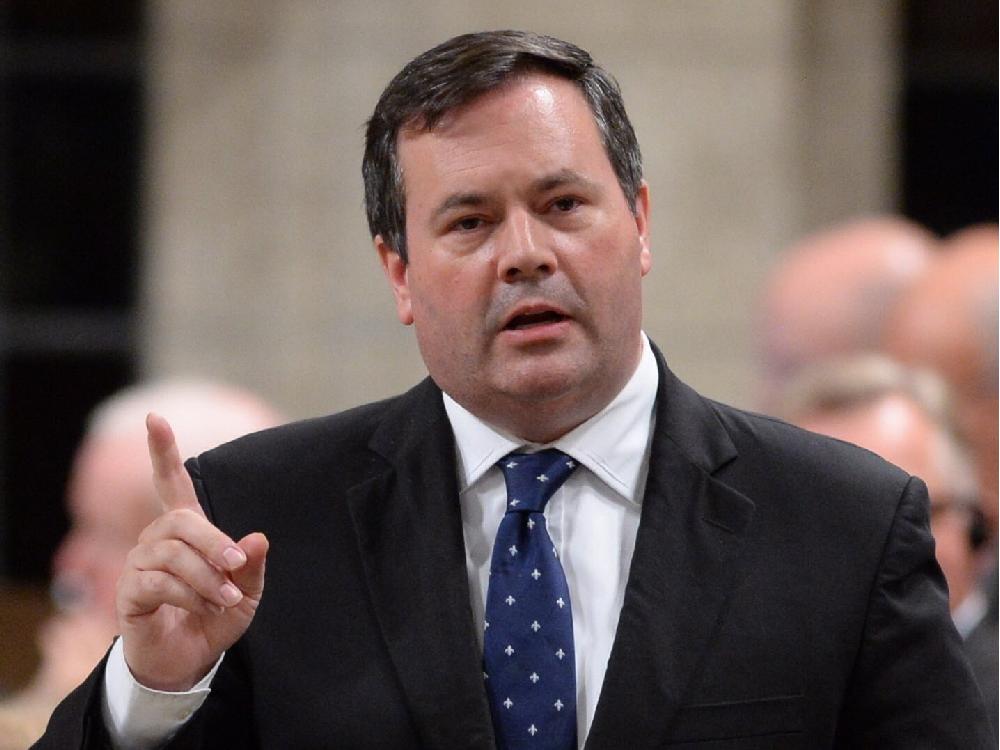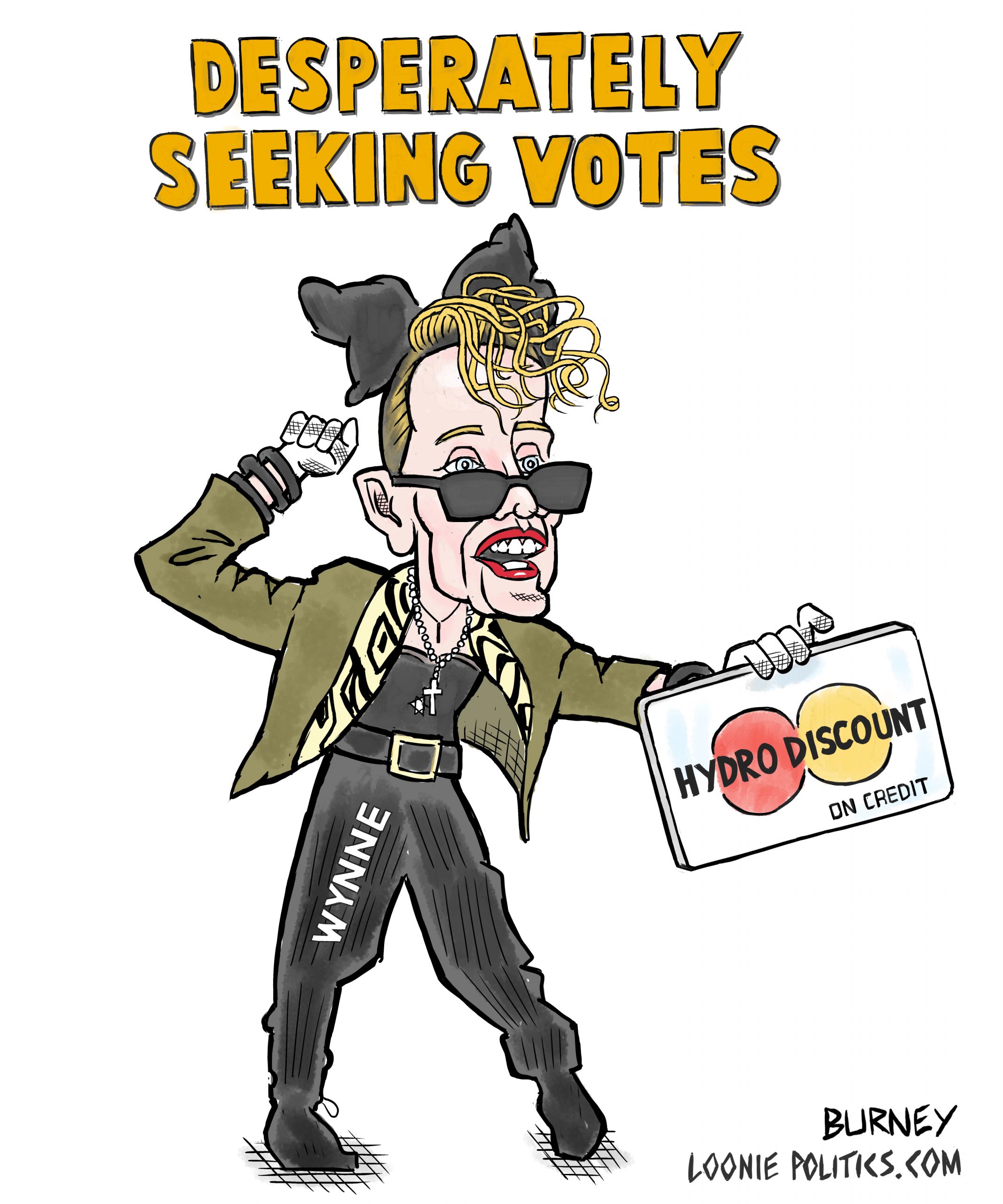The new United Conservative Party leader is laser-focused on defeating the Alberta NDP and it would be unwise to bet against him
Albertans won't head back to the polls until May 2019. Nevertheless, the narrative for the province's 30th general election has just become clearer.
Jason Kenney, the last Progressive Conservative Association of Alberta leader, was elected as the leader of the new United Conservative Party last weekend. He received 35,623 votes, or 61.2 per cent of eligible voters. Brian Jean, the last Wildrose Party leader, earned 18,336 votes (31.5 per cent), followed by Calgary lawyer Doug Schweitzer at 4,273 votes (7.3 per cent).
It's been an incredible run for Kenney, one of the more successful Canadian politicians over the past two decades.
A one-time executive assistant to then-Saskatchewan Liberal Party leader Ralph Goodale, he quickly shifted to political conservatism in his university days. He served as the Alberta Taxpayers Association's executive director, and later president and chief executive officer of the Canadian Taxpayers Federation.
Kenney won his first election as a Reform Party of Canada candidate in the riding of Calgary Southeast (now Calgary Midnapore) in 1997. He was re-elected five times under the Canadian Alliance and Conservative Party of Canada banners, and never came close to losing.
He would hold several prominent cabinet roles for then-prime minister Stephen Harper. The list includes: secretary of state for Multiculturalism and Canadian Identity (2007-2008), minister of Citizenship, Immigration and Multiculturalism (2008-2013), minister of Employment and Social Development (2013-2015), and minister of Defence (2015).
Kenney was one of the few Harper cabinet ministers trusted enough to handle his own affairs. He was intelligent, articulate, witty and consistently stayed on message. He defended fiscal and social conservative principles to their very cores, and built wide-reaching ethnic outreach programs like no other. On the rare occasions when he got into slight difficulty, which happens to the best of us, he pushed back, made his points and moved forward.
Some people are tailor-made for political success. Kenney is one of them.
When he made the jump to provincial politics, he continued to achieve his goals. He won the Progressive Conservative leadership with an astonishing 75.4 per cent of the vote (in spite of concerns about a delegated vote). He also built a working relationship with Jean, a former federal colleague, and they succeeded in uniting the right in Alberta.
Now that the UCP leadership is under his belt, he'll run in a byelection in Calgary-Lougheed after MLA Dave Rodney stepped aside.
Kenney is laser-focused on defeating the Alberta NDP and it would be unwise to bet against him.
While New Democratic Premier Rachel Notley won the 2015 provincial election fair and square, few would argue it was anything other than a massive protest vote against four decades of PC rule. Alberta's politics and demographics have changed in recent years but the province had no history or infatuation with left-wing politics and still doesn't.
It was almost a carbon copy of Bob Rae and the Ontario NDP's 1990 victory. You vote out of anger against the politics-as-usual crowd one night, then wake up the next morning and realize, "What in God's name did I just do?"
Albertans, for their part, elected an NDP government that eliminated the single rate tax, passed a carbon tax, promoted publicly-funded child care and increased the minimum wage. There seem to be many drunken sailors spending taxpayer dollars in the provincial legislature.
Would Kenney do anything like this? Absolutely not. This political tour de force has long been a champion of limited government, lower taxes, and greater individual rights and freedoms. He would, therefore, reverse course and make Alberta a fiscally prudent province that respects taxpayers once more.
There's still two years to go in Notley's mandate and an election to fight. Nothing is ever guaranteed in politics.
But to call Kenney a potential premier-in-waiting doesn't seem too far off the mark.
Troy Media columnist and political commentator Michael Taube was a speechwriter for former prime minister Stephen Harper.
© 2017 Distributed by Troy Media








